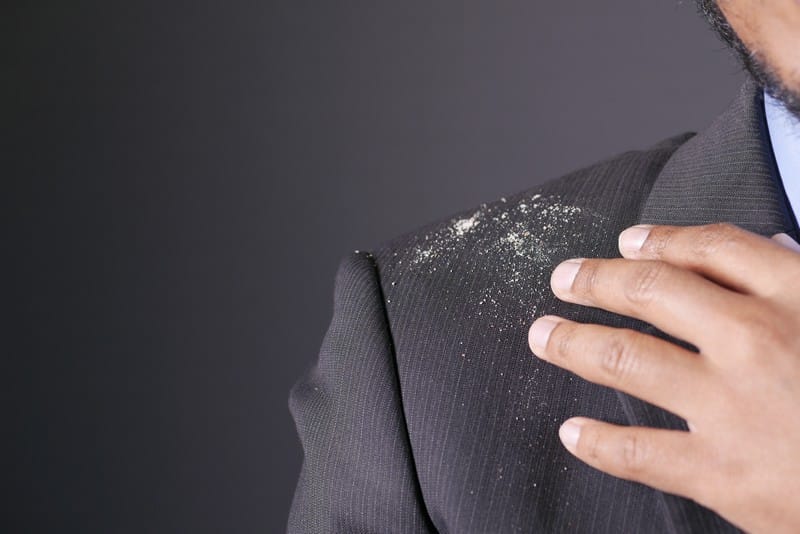Itchy scalp, also known as scalp pruritus) is a common issue that can cause distressing symptoms such as itching and irritation. Sometimes, symptoms like flaking skin or scabbed appear along with an itchy scalp. Other times, a person may only get a scratchy scalp. An itchy scalp might cause tingling or pain. Itching or scratching your head could make you feel better, or it might hurt. Bald patches, dry skin, low-grade fever, irritated skin, redness, pus-filled sores, patches on the scalp, sore scalp, and scalp swelling are symptoms that can accompany scalp itching.
The cause determines the remedy for an itchy scalp. Each scalp treatment has a different mechanism of action, such as lowering scalp oil production or eliminating fungus. Topical steroids, keratolytic (salicylic), antifungal cream, and pyrithione zinc may soothe and reduce the itching. A scratchy scalp usually doesn’t mean anything severe but can indicate an underlying problem. An itchy scalp can result from various issues, from minor to serious problems. You must first determine the itch’s source before treating it.
Dandruff

Dandruff, also known as seborrheic dermatitis, is the most typical cause of an itchy scalp. The scalp’s skin flakes as a result of dandruff. It is neither severe nor contagious. In babies, the condition is called crib cap or cradle cap. This dermatitis frequently affects the scalp and face because they include sebaceous glands or oil-secreting glands.
When the glands are inflamed, you may notice itchiness, flaking, reddish skin, and yellowish or whitish scales. Dandruff has an unknown specific cause. However, some possible causes include yeast proliferation on the skin, seasonal changes, stress, or hormonal fluctuation.
For mild cases, try an over-the-counter shampoo with selenium or zinc pyrithione, which aid in yeast management. You would need a medicated foam, solution, cream, ointment, topical cortisone, or an antifungal shampoo with prescription strength for more severe infections. The majority of dandruff sufferers don’t need medical attention. However, if your problem doesn’t get better after using dandruff shampoo regularly, visit your physician or a dermatologist.










